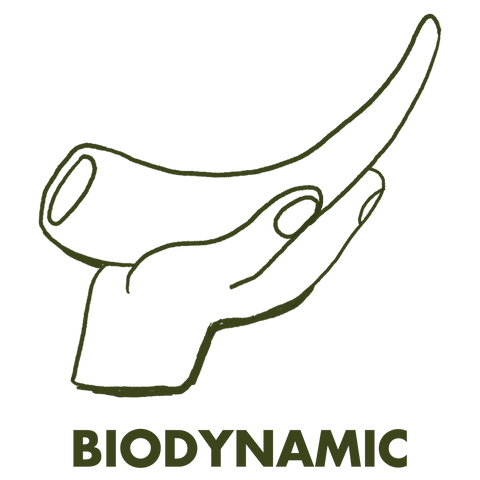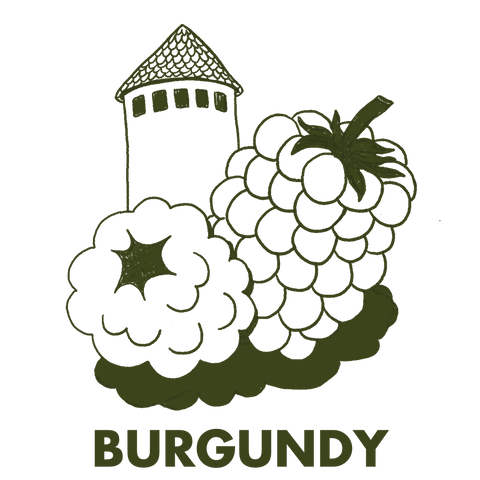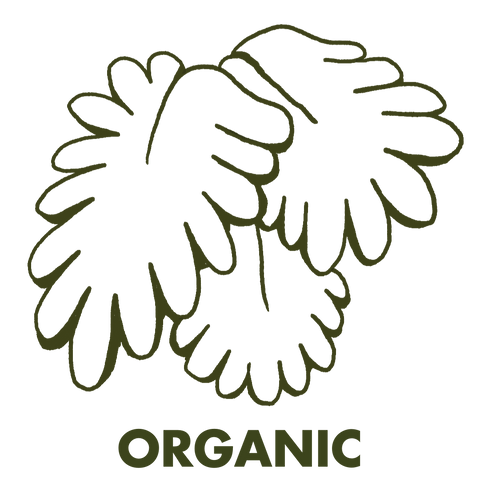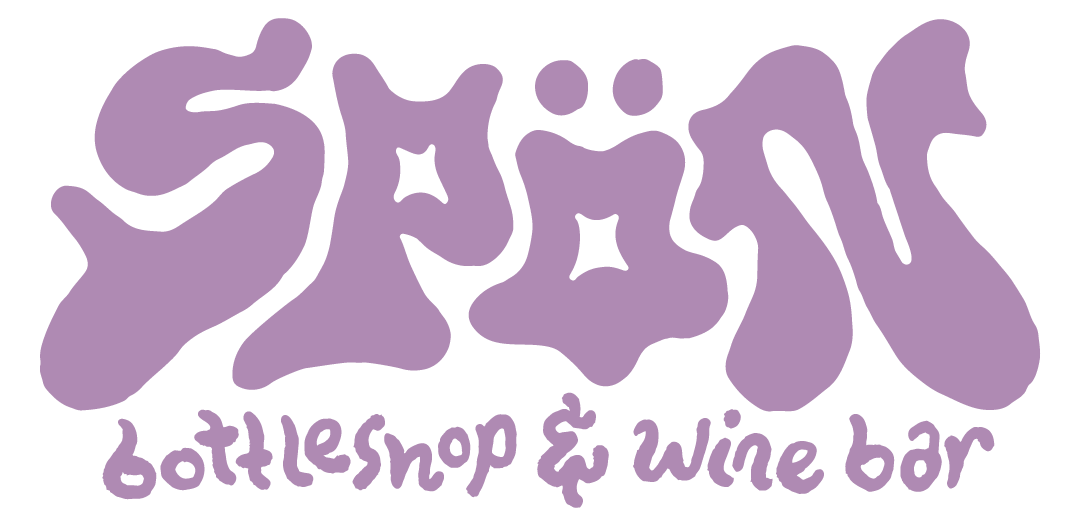
2022 Sylvain Pataille Bourgogne Aligoté






WINEMAKER: Sylvain Pataille
REGION: Burgundy, FR
VARIETY: Aligoté
VITICULTURE: Certified Organic/Biodynamic
This is the only blended Aligoté in the Pataille range. Half the fruit is harvested from old-vine Aligoté Doré in Marsannay itself, including fruit from Auvonnes and Champ Forey on limestone and gravel, and the balance comes from Échevronne in Hautes Côtes, above Corton. The average age of the vines across the two parcels is more than 50 years, and although this is Pataille’s entry-level Aligoté, you can immediately feel the depth and energy born from the old vines and low yields. The wine ferments naturally in stainless steel before maturation in old foudre and then goes back to stainless steel for four months before bottling. “A saline-accented width of aroma – behind there’s a golden fruit style. There’s scale in the mouth here, I like the shape and structure here too. Slowly fading – easy and delicious wine…” Bill Nanson, Burgundy Report
By the time Pataille had reached his mid-teens, he had started working vintages on the Côte and enrolled at Beaune’s Lycée Viticole. Here, he shared a classroom with Benjamin Leroux, Olivier Lamy, Nicolas Rossignol and Pierre-Yves Colin—how we would love to have been a fly on the wall at this school! While Lamy returned to his family Domaine in Saint Aubin and Leroux took off to Oregon, Pataille moved to Bordeaux to continue his studies. Here he met Kyriakos Kynigopoulos, who took the precocious talent back to Burgundy to help him at Burgundia Oenology in Beaune.
In the cellar, whole-cluster vinification (where it makes sense), natural ferments, extended macerations, very low sulphur use, and long maturations are the basics of Pataille’s approach. He uses an old vertical press, inherited from his grandfather, that presses very slowly over six to eight hours and is used for both whites and reds. Pataille describes his approach in the cellar as the “new old style”.
Pataille has been co-opted under the natural banner, regardless of whether he is comfortable with the dogma and the company that this entails—and he isn’t comfortable. Pataille tells us he has no interest in badges, and while his aim is to use as little sulphur as possible—hardly controversial for a grower at this level—it takes a great deal of work in the vineyard and cellar to ensure that he can work this way.
